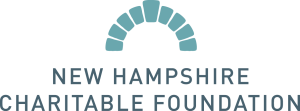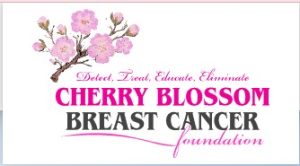BC and African American Women
Cancer does not discriminate and knows no boundaries. The impact of a breast cancer diagnosis is life-changing regardless of the color of your skin, how old you are, the gender you identify with, or your socio-economic status. However, black women generally experience worse breast cancer outcomes despite a lower incidence of breast cancer than white women. A variety of factors contribute to this disparity, including being diagnosed later at a more advanced stage of progression, higher rates of aggressive breast cancer subtypes, and less access to affordable treatment and support with follow-up and survivorship care.
- African American women have the highest breast cancer mortality rate of all racial and ethnic groups and are 42 percent more likely to die of breast cancer than white women.*
- According to the Susan G. Komen Foundation, 15-20% of all breast cancers are Triple-negative breast cancer, which confers a poorer prognosis. African American women are more likely to be diagnosed with Triple-negative breast cancer, which is considered aggressive because it grows quickly. It also has limited treatment options as compared with more common breast cancers.
- Women of color are also more likely to be diagnosed with breast cancer at later stages of the disease, and experience delays in treatment of two or more months after initial diagnosis. Long intervals between screening, lack of timely follow-up of suspicious results, and delays in treatment post-diagnosis likely contribute to the lower stage-specific survival among African American women.
- For black women under the age of 35, the incidence of invasive breast cancer is twice that of white women, and breast cancer mortality in this group is three times that of age-matched white women.
In an effort to better support African American women, in 2016 Casting for Recovery launched a specialty retreat program. The Southeast Regional retreat serves women from Louisiana, Mississippi, and Alabama, areas that are underserved and considered “hot spots” or cancer clusters (see map below).
From 2012-2019, 12% of the women CfR served nationwide had Triple-negative breast cancer. However, the percentage at the Southeast Regional Retreat is considerably higher:
- In 2017, 17% of the women at the retreat had a triple-negative diagnosis
- In 2018, 45% of the women at the retreat had a triple-negative diagnosis
- In 2019, 38% of the women at the retreat had a triple-negative diagnosis
For almost 25 years Casting for Recovery has been dedicated to helping women with breast cancer by connecting them to other female survivors and nature. We work hard to listen and learn from the women we serve. We stand in solidarity with the black, indigenous, and people of color communities that experience on-going pain in relation to racial inequality and injustice. We are also committed to continuing the journey of diversity, equity, and inclusion learning. We can do more.
Casting for Recovery should reflect the breast cancer community. We will use this year with no retreats to re-evaluate and improve how we do our work of improving the quality of life for women with breast cancer.
In order to better understand how we can help, we have asked for support from organizations that focus on women of color.
* Sources included in this post: NCBI FightCancer Komen JAMA






